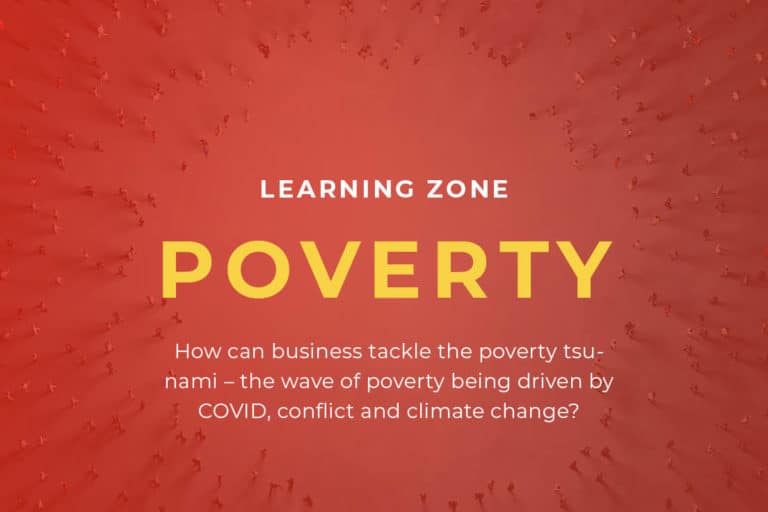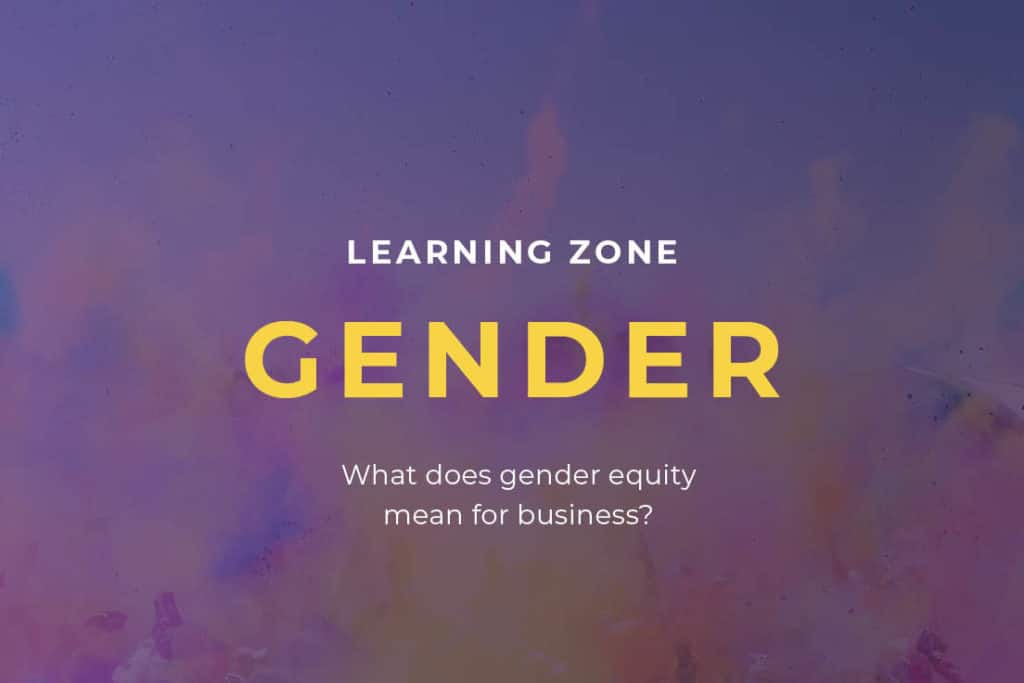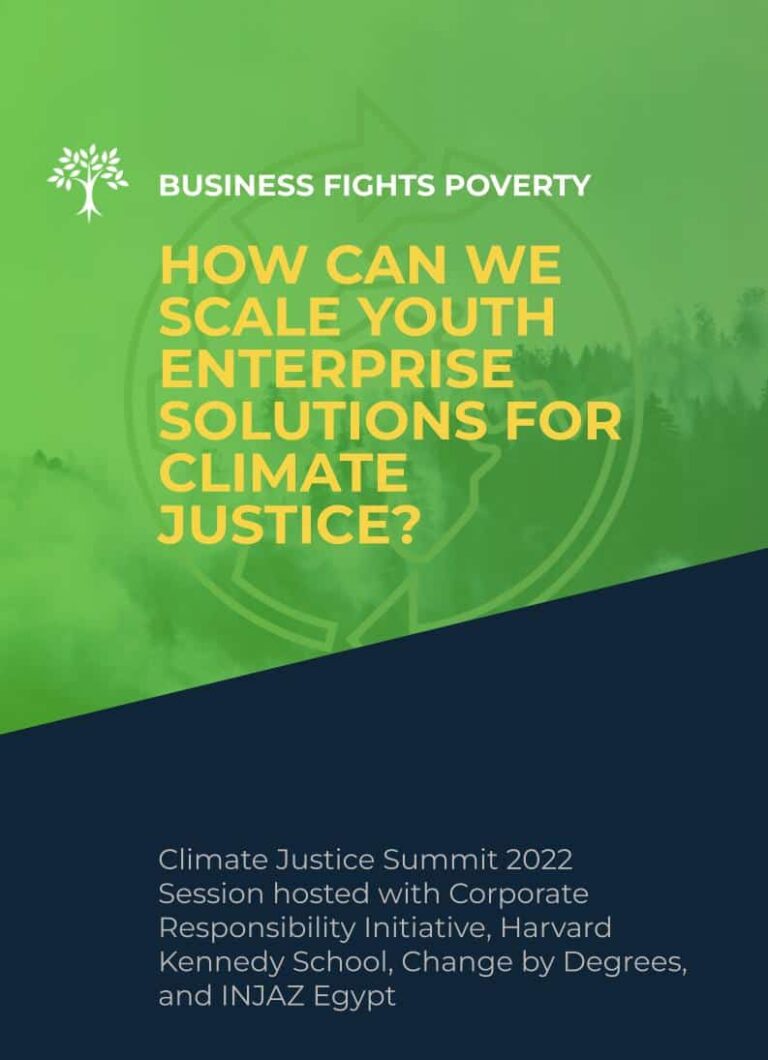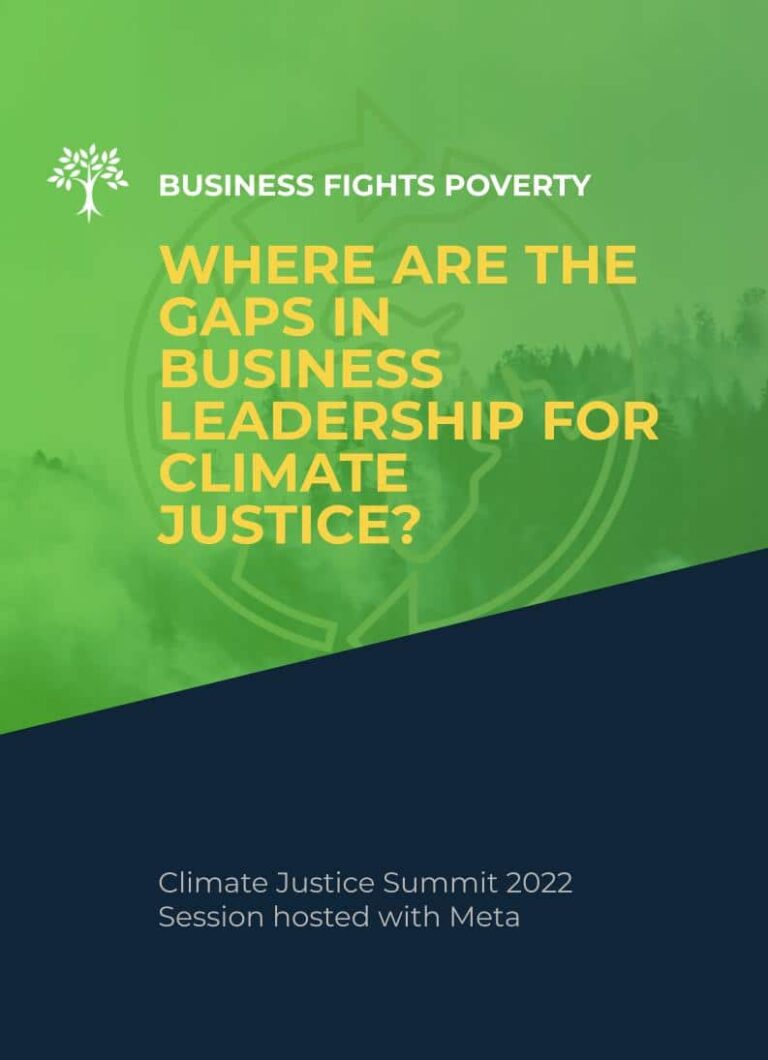Hosted with Meta While it is primarily the responsibility of governments to drive action on climate change, businesses and their civil society partners also have a leadership role to drive action within their organisations, value chains and wider spheres of influence. Studies show that the large majority of employees and the wider public expect CEOs to stand up more on societal issues. In this session we heard from inspiring leaders in business and civil society on what more businesses can and should do to support climate justice. We came away with ideas for actions you can take by leveraging your own work and voice. Lead Discussants: Amir Gerges, Founder, Carboni Bank Deborah Osei-Mensah, Ambassador, Fairtrade & Operations Manager, Asunafo Cocoa Farmers Edward Palmieri, Director, Global Sustainability, Meta Katie Hoard, Global VP, ESG Strategy & Engagement, AB InBev Zahid Torres-Rahman, CEO, Business Fights Poverty (moderator)
